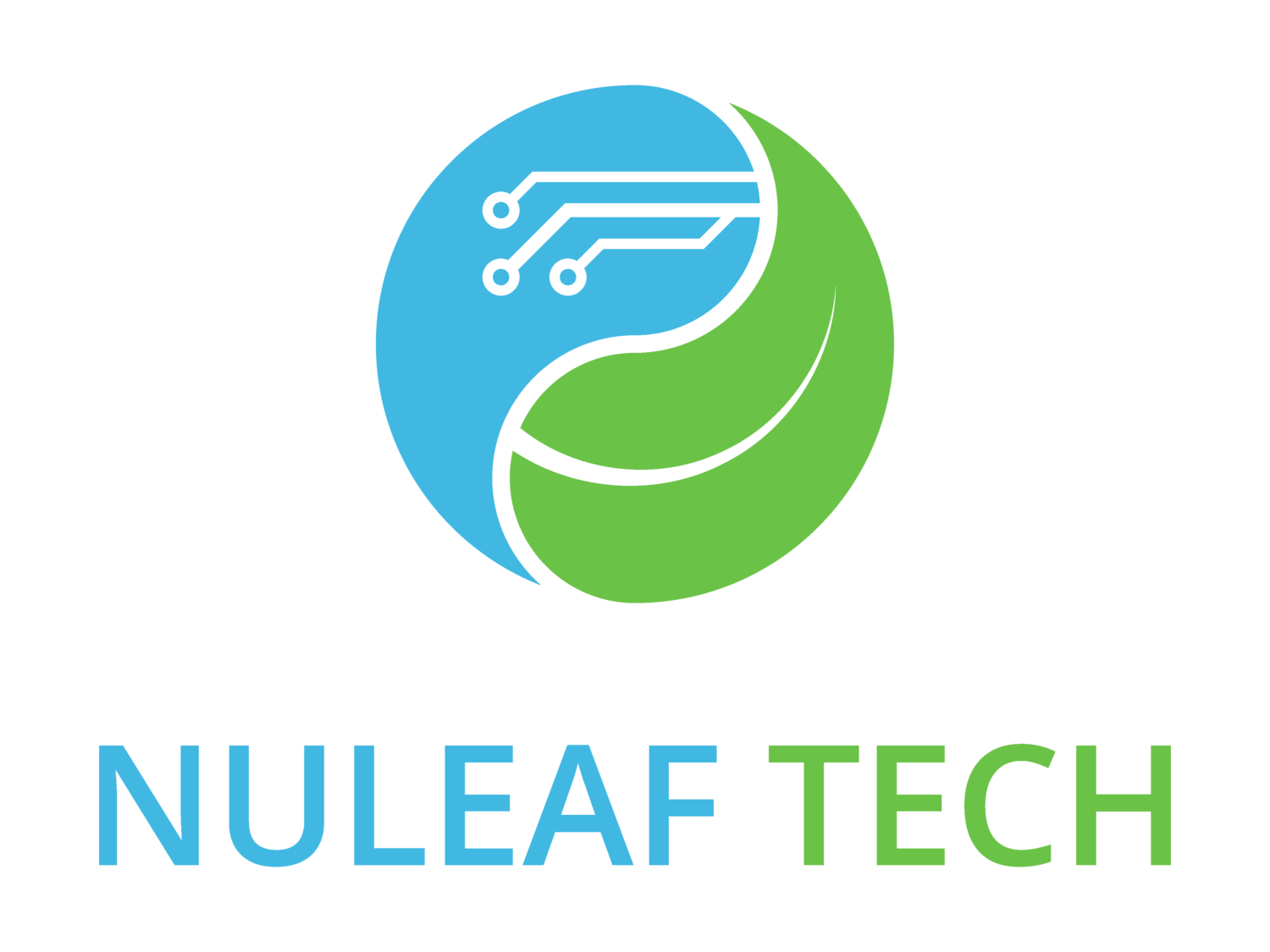Thirsty Bear Brewing Company is the oldest brewpub in San Francisco, founded in 1996. Located in SF’s financial district, on any given day you can expect to find about 9 beers on tap, all made on-site. What makes Thirsty Bear special though is not their cheerful ambiance or Spanish inspired cuisine or even their beer (although it is damn good beer), it’s their commitment to environmentally friendly brewing practices and organic ingredients. We had the opportunity to sit down with Thirsty Bear’s head brewer and talk about why they brew the way they do, as well as some of the challenges associated with organic brewing.
In 2007 thirsty bear became a certified organic brewery. Essentially this means that all of the hops, barley, and even the yeast that go into Thirsty Bear’s beer are grown under certified organic conditions. Head brewer, Brenden Dobel, says this commitment to organic brewing comes from their founder (Ron Silverstein’s) passion for the environment and sustainable agriculture. “He was kinda the fire that made it happen” says Dobel.
Finding the right ingredients to support organic and sustainable agriculture with your brewing can be a challenge, and Silverstein has gone out of his way to source his ingredients from everywhere from the Pacific Northwest to Germany and Belgium. Buying from farmers all over the world contributes to building sustainable agriculture on a global scale, but more recently, Ron has been setting his sights closer to home.
“What Ron wanted to do is take California grown barley and malt it, and he’s been working with UC Davis and some farmers up there, and this is important because he was able to find a drought resistant varietals and he wants to employee “no-till” farming to conserve as much water as possible. So it’s a very California specific barley.”
We were interested to find out how this commitment to sustainable agriculture affected Thirsty Bear’s brewing process, and the short answer is that it hasn’t.
“Organic isn’t something you taste,” says Dobel “it's not like you can take one IPA that’s conventionally brewed and another that was brewed with organic ingredients drink em both and be like which one is organic, you wouldn’t know they all have the same ingredients… we support local agriculture and farms, it doesn’t really change the end result.”
The main aspect of organic beer that does provide an obstacle is price. Thirsty Bear typically charges about 7 dollars for a pint of beer which is reasonable price for a craft brewery, but when it comes to selling organic beer in 6 packs it’s a different story.
“The price is a concern, here at the retail level we are brew pub, we charge 7 dollars for a pint of beer, but you can go out to a liquor store and for 10 dollars buy 6 beers and we just can’t do that. To get people to buy a six pack of it they have to be pretty determined because most people when they are drinking beer aren’t thinking about organic ingredients.”
Still, with a demonstrated commitment to sustainability, breweries like Thirsty Bear are constantly finding new ways to cut the costs associated with organic ingredients and environmentally friendly business practices. So that high price tag for a 6 pack of organic beer may be dropping in the coming years.
Water scarcity is central to what we do at NuLeaf so we always try to get a sense of the challenges brewers have with their water treatment, but we were happy to hear that for Thirsty Bear, water wasn’t a huge source of stress. As a smaller brewery their treatment costs tend to be much lower than most craft breweries, and good water resource management from the get go has helped them to keep those costs down. Still, as a brewer Brenden recognizes that the brewing industry could be made more efficient in managing water.
We left our interview with Thirsty Bear with much better understanding of how smaller breweries can contribute to sustainability in the beer industry and it’s left us optimistic for what the future holds for the industry if we continue to foster cooperation between brewers, farmers, and businesses to innovate ways to improve the process of brewing from farm to table.
If you are in SF’s financial district, we highly recommend you check out Thirsty Bear, you are sure to enjoy good beer, good food, and a clear conscience.




